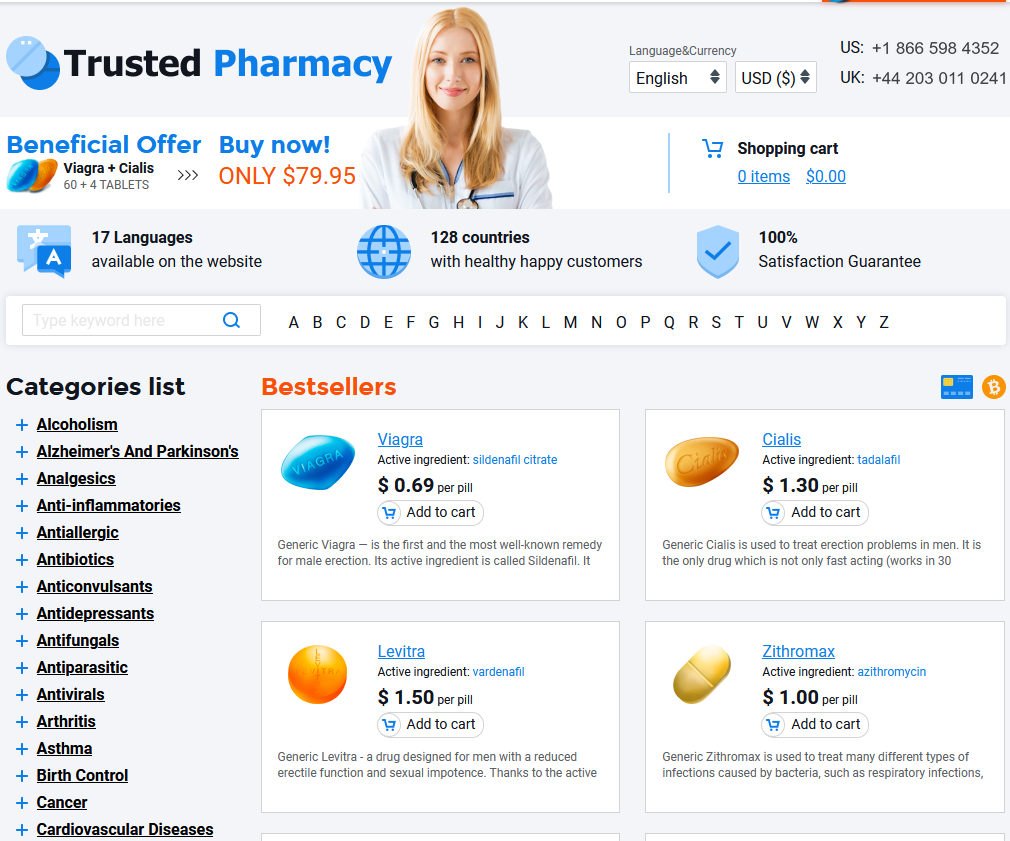To Visit Online Pharmacy Click HERE ↓
Hydroxychloroquine’s Role in Autoimmune Diseases
How Hydroxychloroquine Modulates the Immune System
At the molecular level, hydroxychloroquine interferes with cellular communication that fuels chronic inflammation. It quietly enters immune cells, accumulating in lysosomes, and alters their acidic environment. This subtle shift disrupts antigen processing and presentation, leading to a decrease in the activation of certain pro-inflammatory immune pathways.
One of the keys to its effectiveness lies in its ability to inhibit toll-like receptors, which play a role in recognizing harmful stimuli and initiating an immune response. By dampening these signals, hydroxychloroquine tempers the “overreaction” characteristic of many autoimmune disorders.
Through these mechanisms, the medication helps restore balance in the immune system. Its nuanced action allows control over harmful autoimmune activity without broadly suppressing healthy immune functions.
| Mechanism | Immune Effect |
|---|---|
| Lysosomal alkalinization | Reduces antigen processing |
| Toll-like receptor inhibition | Lowers inflammatory signaling |
Applications in Lupus and Rheumatoid Arthritis Management

For decades, hydroxychloroquine has served as a cornerstone in improving the quality of life for individuals affected by certain autoimmune diseases. By lessening the overactivity of the immune system, this medication helps reduce the frequency and severity of disease flares, allowing many patients to experience more stable periods of health. Its ability to temper inflammation is particularly valuable in conditions that cause chronic pain and joint damage, giving hope to those once limited by debilitating symptoms.
Patients often notice benefits such as reduced joint swelling, diminished skin rashes, and a lower risk of disease progression with regular use. While it may take weeks or even months for optimal effects to emerge, the relatively mild side effect profile and oral formulation of hydroxychloroquine make it a practical choice for long-term therapy in autoimmune disease management.
Exploring Hydroxychloroquine’s Anti-inflammatory Effects
Hydroxychloroquine works beneath the surface by calming an overactive immune response. It interferes with the signaling processes of immune cells, lessening the release of molecules that drive inflammation. This means patients often experience relief from joint pain, swelling, and skin symptoms caused by autoimmune flare-ups.
These anti-inflammatory actions are especially valuable for people with chronic conditions where inflammation steadily damages tissues. By dampening excessive immune activity, hydroxychloroquine helps prevent long-term complications and improves day-to-day quality of life.
Addressing Myths and Controversies Around the Drug

In recent years, hydroxychloroquine has captured the public’s attention, often for reasons extending beyond its established uses. Some believe this medication is a miracle cure for various ailments, while others worry about heightened risks and sensationalized side effects. It's essential to separate fact from fiction: hydroxychloroquine has decades of clinical experience supporting its safety in autoimmune diseases when prescribed and monitored correctly.
Unlike the headline-grabbing narratives, medical research consistently demonstrates that hydroxychloroquine is not a cure-all, nor is it inherently dangerous. The real truth is more nuanced. It works best as part of a personalized treatment plan, tailored to each patient’s unique needs.
Much of the recent controversy stems from its use outside autoimmune contexts, leading to misconceptions about its safety and efficacy. These misunderstandings can unfortunately overshadow its true therapeutic benefits for lupus, rheumatoid arthritis, and similar conditions.
Ultimately, patients benefit most when they discuss concerns openly with qualified healthcare providers, relying on sound scientific evidence rather than online rumors. Trust between patients and clinicians enables informed, confident decisions about hydroxychloroquine therapy.
Monitoring Side Effects: What Patients Should Know
For many patients, hydroxychloroquine is well-tolerated, but staying vigilant about side effects is crucial. Some people may experience mild symptoms like nausea or skin rashes, while others might face more significant issues, such as vision changes. Regular check-ups are essential, helping to detect complications early and allowing for safe, ongoing treatment.
Healthcare providers often recommend annual eye exams to monitor potential retina problems. It’s important to report any unusual symptoms, like vision blurriness, promptly.
| Possible Side Effect | Recommended Precaution |
|---|---|
| Vision Changes | Annual eye exams |
| Skin Rash | Monitor skin; report new rashes |
| Nausea | Take with food |
Future Prospects in Autoimmune Disease Treatments
Researchers are actively investigating new ways to harness hydroxychloroquine’s immunomodulating properties, aiming to tailor therapies for a broader spectrum of autoimmune conditions. Advanced studies are focusing on optimizing dosage and delivery, reducing side effects while maximizing benefits. Additionally, scientists are exploring hydroxychloroquine’s potential in combination therapies, pairing it with biologics or novel agents for synergistic impacts.
As our understanding of autoimmune disease mechanisms deepens, there is hope that hydroxychloroquine could play a central role in next-generation treatment strategies. Emerging biomarkers may help predict who will respond best or who is at risk of rare complications. This personalization promises improved outcomes and safer long-term care.
Innovation in drug development, including analogs and improved formulations, could also expand therapeutic options. Ultimately, the evolving landscape points toward more individualized, effective, and safer autoimmune disease management, with hydroxychloroquine remaining a key component of ongoing research and clinical care.

